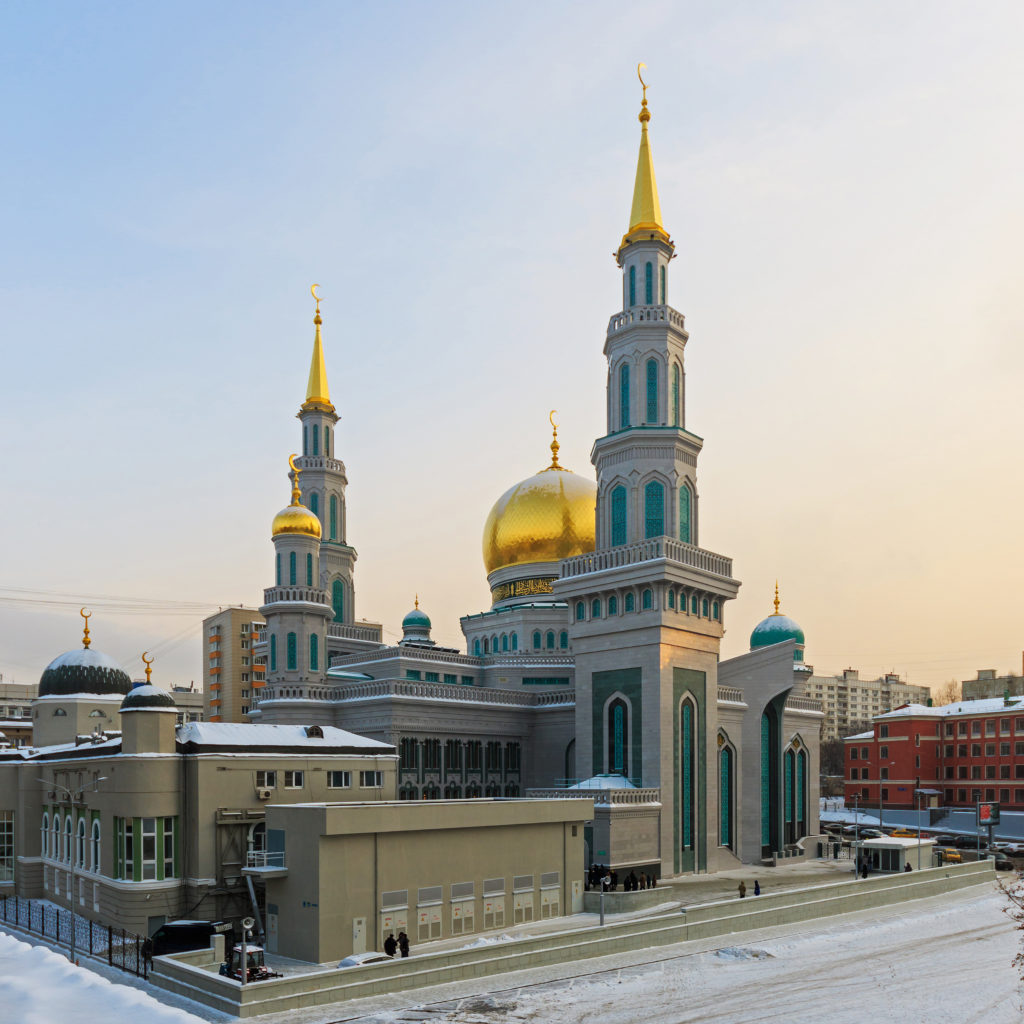Payouts from Polyus to fund Islamic charity after sanctioned billionaire exits

Russia’s top gold miner Polyus PJSC — long controlled by the family of sanctioned billionaire Suleiman Kerimov — will be used to fund charity work after an Islamic foundation became its biggest shareholder.
Last week, Said Kerimov — son of the billionaire first sanctioned by the US in 2018 — gave his 46.35% stake in Polyus to the Fund for Support of Islamic Foundations in Russia. Created 10 years ago to support Islamic education, mosque construction and other causes, it will use payouts from the miner to repay debt attached to the Polyus holding and fund charitable projects.
Related: Russia’s biggest gold producer’s largest shareholder donates 100% of shares
“The Polyus stake is the largest donation in the foundation’s history,” Rawil Gaynetdin, the grand mufti of Russia and head of foundation, said in interview from Moscow. “We will receive dividends that will be used to pay off the debt and the remaining funds will go to the needs of our organization.”
The Kerimov family offloaded the asset as the father and the son were added to UK and European Union sanction lists after the Kremlin sent troops into Ukraine. After Kerimov became a Russian senator, the Polyus stake was transferred in 2014 to his son Said, who was then still a student.
The Kerimov family, which donated $150 million for the construction of the Cathedral Mosque in Moscow, has known Mufti sheikh Gaynetdin for a long time.
“The idea of handing over the package came to Said even before the sanctions, about two years ago,” Mufti sheikh Gaynetdin said. “I have known Said from his childhood and have known his family for a long time.”
Suleiman Kerimov is Russia’s 11th-richest person with a net worth of $13.5 billion, according to the Bloomberg Billionaires Index.
The Polyus stake is worth about $12 billion, based on the company’s Moscow trading price, though it’s saddled with the debt of Wandle Holdings Ltd., through which Kerimov owned the miner. That dates back to 2015 when the family got a loan of more than $6 billion to consolidate Polyus as it delisted from London.
While that amount was significantly reduced following subsequent share sales and a new listing, the remaining balance wasn’t disclosed.
The foundation will consider whether to put a representative on Polyus’s board, but it will leave the day-to-day running of the business to the miner’s “great management team,” Mufti sheikh Gaynetdin said. It also has no plans to re-sell the stake.
Polyus’s dividend policy assumes that at least 30% of annual earnings before interest, taxes, depreciation and amortization will go to shareholders. Since 2016, the miner has paid out a total of 351.7 billion rubles ($5.4 billion).
Polyus wasn’t affected by sanctions as, before the gift to the Islamic foundation, Kerimov sold a 30% stake to anthracite mining mogul Akhmet Palankoyev in April, relinquishing control of the gold miner. Having the fund as a shareholder could help the company as Russian banks and miners look for new markets in the Middle East and Asia to fill the gap left by London investors.
“I would be very pleased to know that representatives of the brotherly Muslim peoples show favor to the company, which now provides funds for good deeds,” Mufti sheikh Gaynetdin said.
{{ commodity.name }}
{{ post.title }}
{{ post.date }}




Comments